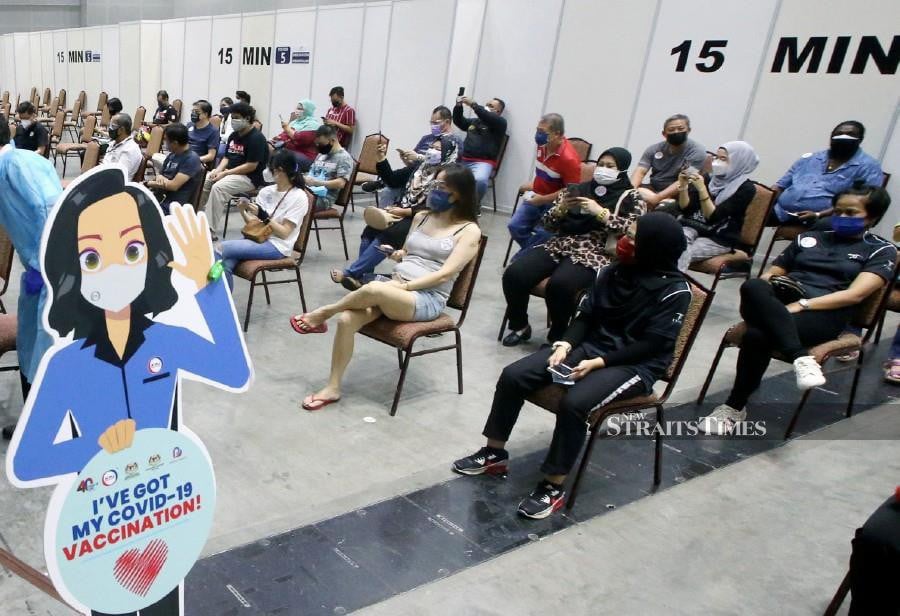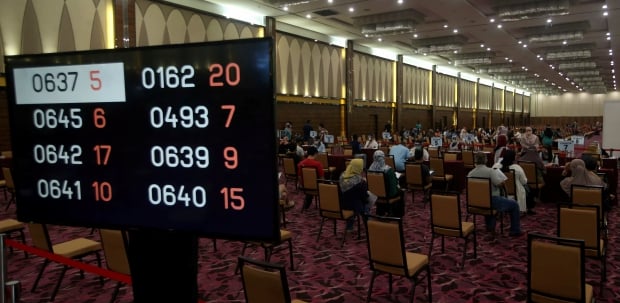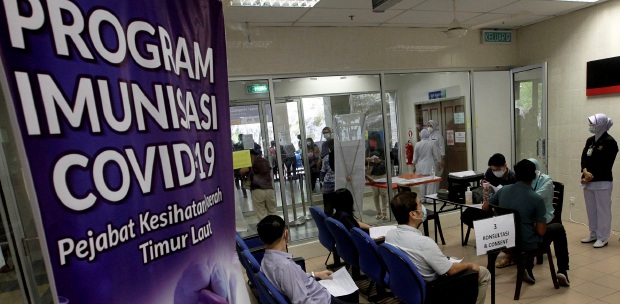THE Covid-19 pandemic has a significant impact on mental health globally including psychological issues like anxiety and depression.
According to statistics issued by the Ministry of Health (MOH), there were 122,328 calls for aid and psychosocial support from 1 January 2021 to 18 June 2021.
This illustrates that many are in difficulties amid the pandemic and need help. One issue is the resulting increase of suicide rates.
The police data shows a total of 1,708 cases reported from 2019 until May 2021.
Suicides have increased from 609 cases (2019), 631 cases (2020) to 468 cases in the first five months of 2021. It is a big concern when people who are stressed are willing to commit suicide especially those who experienced sudden loss of income.
Undoubtedly, this difficult time will be the most emotionally and mentally challenging for many people. Thus, everyone has been urged to adopt flexible perspectives and balanced attitudes in order to maintain and improve our mental health.
Suicidal thoughts and suicides can be triggered by a variety of circumstances, including medical problems, emotional and financial distress, or poverty which can be exacerbated by social isolation, a lack of family and community supports, or inability to obtain counselling or mental health services.
In order to identify early symptoms of depressions that may lead to suicide, people are encouraged to be more vigilant and aware of family members particularly their mental wellbeing.
Islamic principle preserves the sanctity of human life. It encourages us not to despair and do all possible efforts to get out of difficulties while also placing faith in Allah.
One should be able to withstand any misfortune in life because the challenges and afflictions are within one's capabilities. It is recorded in the Quran that, "Allah does not charge a soul except (with that within) its capacity..." [Surah al-Baqarah 2:286].
When the peaceful equilibrium is interrupted, anyone can be disturbed leading to suicidal thoughts along with other mental health conditions.
In this case, Islam provides some solutions for the recovery of mental and emotional balance. Muslims are advised to overcome their problems with positive actions.
Some of the behavioural practices recommended in improving mental health include; enjoying the activities that make us feel positive every day (e.g. cooking, watching movies, and gardening); eating a balanced and proper diet, managing sleeping time, exercising at home, minimizing the time of spending to read or listen to the news which may aggravate our anxiety and engaging in problem-solving particularly to reduce procrastination while learning or working from home.
Because Covid-19 related factors have a major impact on the risk of suicide, authorities should be concerned on the public's mental health status, and prioritise on suicide prevention and awareness programs throughout the pandemic.
In this matter, everyone has a role to play since the suicide prevention measures are challenging and must be tackled together.
Collaboration between psychiatrists, psychologist, counsellors including social workers and public volunteers are vital. It contributes in reducing the public's stigma of mental disorders and promote help-seeking behaviours simultaneously.
The engagement of mental health practitioners and the community will enhance the understanding of psychological concerns among vulnerable groups and address the knowledge gaps among the public. In addition to more awareness initiatives, this effort could offer psychosocial first aid-based helplines for the needy.
In a nutshell, this current greatest communicable disease outbreak reminds us that human beings are helpless, regardless of social and financial status, advanced medical facilities and technology.
This is in accordance with the Quran (surah an-Nisa' 4:28); "And Allah wants to lighten for you [your difficulties], and mankind was created weak."
All of us have to pray to Allah for physical and mental well-being and take precautions to safeguard ourselves by establishing preventive measures related to Covid-19.
The writer is a Fellow at the Institute of Islamic Understanding Malaysia (IKIM)
The views expressed in this article are the author's own and do not necessarily reflect those of the New Straits Times





